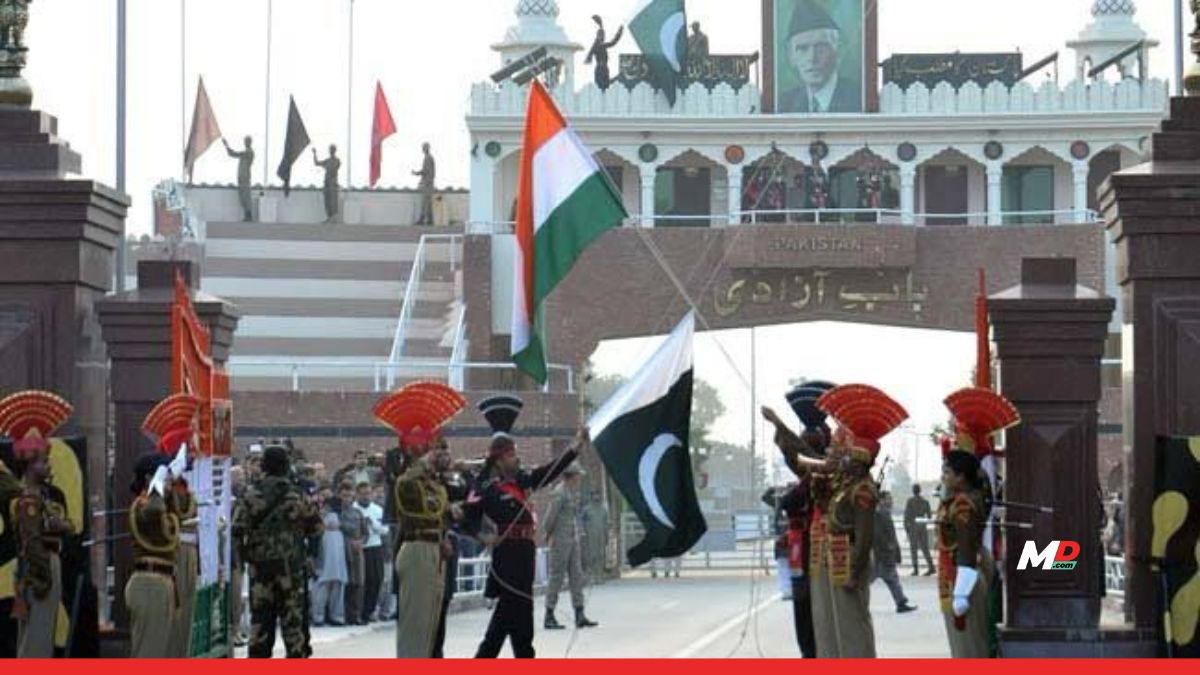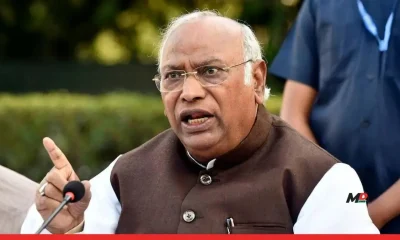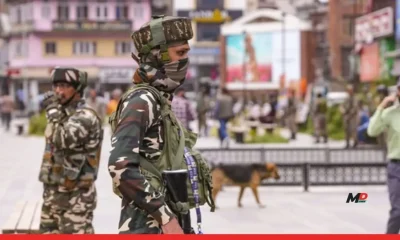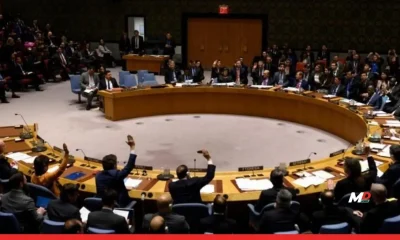Published
2 weeks agoon

In a dramatic intensification of India–Pakistan tensions, Islamabad has declared that any unilateral attempt by New Delhi to halt or divert river flows governed by the 1960 Indus Waters Treaty will be treated as “an act of war.” The Pakistani Prime Minister’s Office issued this warning on April 24, 2025, just one day after India announced it would hold the treaty “in abeyance” as part of a broader response to the Pahalgam terror attack that left 27 civilians dead. Pakistan’s National Security Committee (NSC) convened under the chairmanship of Prime Minister Shehbaz Sharif to map out a multipronged retaliation, signaling a deep fracture in the subcontinent’s water diplomacy and geopolitical stability.
Since its inception under World Bank auspices, the Indus Waters Treaty has been lauded as a rare example of cooperation surviving wars and crises, allocating control of the six rivers of the Indus basin. That history of technical cooperation has now given way to strategic confrontation, as Pakistan insists that water security is a vital national interest. The NSC’s communiqué underscored that the treaty contains no clause for unilateral suspension and warned that any obstruction of water flows to Pakistan’s 240 million citizens “will be responded to with the full force of national power.” By framing water diversion as a casus belli, Islamabad has raised the stakes well beyond routine diplomatic tit-for-tat.
In immediate response, Pakistan has taken sweeping steps to sever the remaining threads of bilateral engagement. All existing agreements with India, including the landmark 1972 Simla Agreement, have been placed in abeyance. The Wagah border crossing, a symbol of people-to-people ties and bilateral trade, has been closed effective immediately except for Indian citizens and Sikh pilgrims departing before the April 30 deadline. Pakistan has also revoked the SAARC Visa Exemption Scheme for Indian nationals while extending a narrow exception for Sikh pilgrims, and has urged Indians in Pakistan to exit within 48 hours.
Diplomatic relations have been pared back sharply. Pakistan has declared Indian Defence, Naval, and Air Advisors in Islamabad as persona non grata, ordering their departure by April 30. At the same time, the staff strength of the Indian High Commission will be slashed to thirty diplomats and support personnel. Pakistan’s airspace is closed to all Indian-registered airlines, and all bilateral trade—including transit via third-country routes—has been suspended indefinitely. These measures, taken in one unified response, suggest Islamabad’s intent to leverage both economic pressure and diplomatic isolation.
The suspension of the Simla Agreement represents a further destabilizing blow. Signed on July 2, 1972, by Indira Gandhi and Zulfikar Ali Bhutto to cement peace after the 1971 war, the Simla framework has underpinned subsequent conflict management and confidence-building efforts along the Line of Control. Its abeyance not only removes a key institutional mechanism for dialogue over Kashmir, but also undermines the very principle of resolving disputes through bilateral channels—a hallmark of South Asian diplomacy for over fifty years.
Beyond the immediate India–Pakistan dyad, the crisis carries significant regional and global ramifications. Water scarcity is an intensifying challenge under climate change, and the weaponization of transboundary water resources threatens to set a dangerous precedent for other river basins worldwide. With the UN and World Bank historically positioned as neutral arbiters in the IWT, their role and credibility will come under scrutiny if the treaty unravels. Moreover, nuclear-armed adversaries on high alert over water flows raise the specter of inadvertent escalation, as military assets are redeployed to protect river infrastructure.
Economically, the suspension of trade and transit harms supply chains that link South Asia to markets in Central Asia and beyond. Landlocked countries reliant on Pakistani transit routes for Indian goods will face delays and higher costs, exacerbating regional economic fragmentation. Pakistan’s unilateral shutdown of airspace to Indian carriers similarly disrupts cargo and passenger movement, with ripple effects on tourism and commerce.
On the security front, the rhetoric of “act of war” over water signals a shift from counterterrorism and border skirmishes to strategic resource contention. India’s move to hold the treaty in abeyance was itself driven by domestic political pressures and genuine outrage over the Pahalgam attack, which New Delhi attributes to Pakistan-based militants. Yet by targeting water agreements, India risks widening the conflict into domains that involve civilian livelihoods and civilian infrastructure, potentially inviting international mediation or even sanctions.
Looking ahead, the durability of global water treaties is under unprecedented strain. Effective mitigation will require proactive diplomacy at multiple levels: reengaging the World Bank as a mediator; initiating confidence-building measures around joint water management projects; and, crucially, separating hydrological cooperation from broader political disputes. Failure to do so could transform the Indus basin from a zone of technical collaboration into a powder keg of resource warfare.
In the short term, both capitals must balance domestic imperatives with the need to prevent escalation. For Pakistan, the principled defense of its riparian rights must avoid irreparable economic self-harm. For India, leveraging the IWT as a punitive tool may yield political dividends at home but risks international censure and regional instability. As global attention turns to South Asia’s water flashpoints, the path forward hinges on resurrecting treaty mechanisms, re-establishing diplomatic back-channels, and reframing water sharing as a mutual lifeline rather than a weapon. Failure to do so will redefine India–Pakistan relations and set a troubling precedent for transboundary water politics in the twenty-first century.


₹1 Lakh Crore Regrets: Two Mistakes That Cost Aircel’s Founder a Fortune


Political Firestorm Over Pahalgam: Kharge Alleges PM Withheld Intel, BJP Hits Back


Here’s What to Expect in the Nationwide Civil Defence Mega Drill on May 7


Mahindra Considers Bringing Larger 79 kWh Battery to Lower-Priced EV Variants


Uber teams up with Nike for Mumbai After Dark Tour As Official Ride Partner


United Nations Urges Restraint as Indo-Pak Tensions Mount

